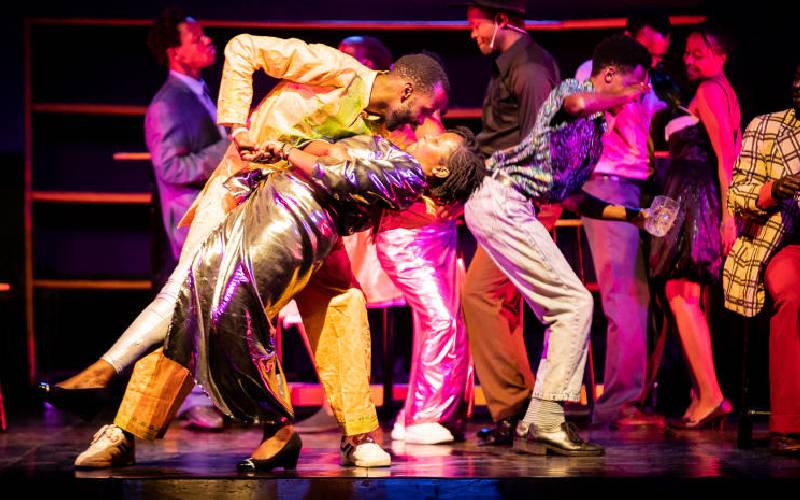×
The Standard e-Paper
Kenya’s Boldest Voice

Subira, that's been playing at the Kenya National Theatre is a project of Sundance Theatre Labs. It is directed by Adong Judith of Uganda and celebrated Kenyan actor and director Lukalia Gilbert.
The 1982 coup changed Kenyan politics forever. And decades on, we are back to theatre recreating the defining moments.